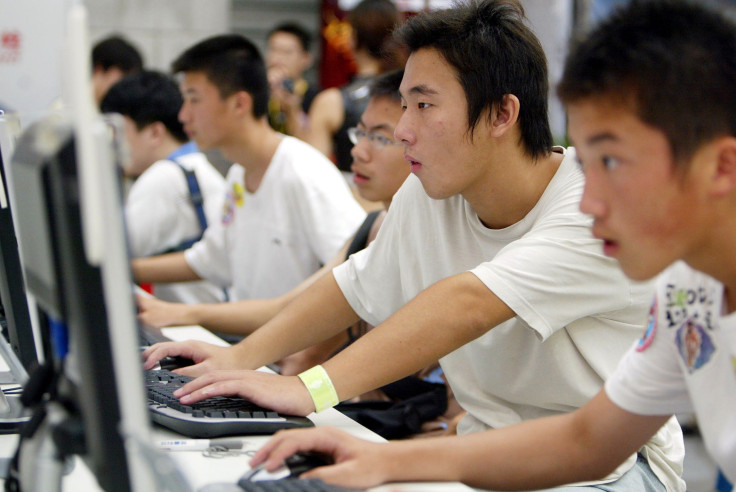China's 'Diaosi': Growing 'Loser' Population Sheds Light On Chinese Youth

Call them China's millennials. They are young, they are plugged into the culture, they are a growing population, but they feel like the economic system they live in is short-changing them. They are the diaosi, a term that loosely translates as "losers." Even though they are gainfully employed, they are getting left behind in capitalist China.
A report by prestigious Peking University's Market and Media Research Center, unveiled in China’s The Paper in October, was the first to study the term and delve into the actual conditions of life as diaosi. A slang term that originated from China’s blogosphere, it has now taken on the meaning of "self-aware, self-deprecating loser."
Using a collection of over 200,000 questionnaire responses from people in 50 large, medium and small cities, the study found that being a diaosi means being a single man between the ages of 21 and 25, or a single woman between ages 26 and 30, with little money to their name. But these are not poor people. Distinguishing themselves from China’s impoverished population, generally speaking diaosi are gainfully employed and making ends meet, but struggling to establish themselves economically and socially.
Diaosi work at the lower level of their jobs, earning an average of 2,917 yuan a month, or $473. By comparison, the average monthly wage of a Beijing resident in 2013 was roughly 5,793 yuan, or about $950. Nearly 75 percent of those who identified as diaosi lived far from their hometowns, with many of them pursuing higher-paying jobs and making money to send back home to family as the reason they left; 71 percent of those surveyed said they sent part of their wages back home.
Others make a lot more money than they do, and that's leaving the diaosi behind in the race to get married. Socially, diaosi hold the reputation of being perpetually single. A repercussion of trying to stay afloat economically, work leaves little time for a social life. Potentially related emotional or mental issues have also been linked to the diaosi, with 37.8 percent of respondents believing they have some sort of undiagnosed mental disorder, with many of them turning to drinking to cope.
While the label sounds like nothing to brag about, it has become a popular moniker that has established itself as a cultural trend. Many who identify say they aren’t depressed. Instead, they have humble attitudes and enjoy the perceived no-frills, down-to-earth air that goes along with being a diaosi, but don’t actually think they are a loser.
After the report was shared online by news portal NetEase, several commenters found themselves identifying. “My base pay is 5000, including commission, I make 100K a year, yet I still feel like I am a diaosi,” one commenter wrote, according to the news-blog ChinaSmack. “With overwhelming stress, without a house or car, and not daring to buy a house or car, scrimping and saving where I can in my spending, so much that I even think I’ve developed clinical depression.”
“All of China collapsed in tears in the bathroom,” another commenter added.
Even China’s state media has stepped into the conversation, saying that China’s youth need to reject the increasingly popular diaosi label and the belittling culture that comes with it. On December 2, the People’s Daily published an editorial called “The Belittling of Oneself, Can We Give It A Rest?” where the author says that the label is destructive to the mental health of the population.
© Copyright IBTimes 2024. All rights reserved.






















